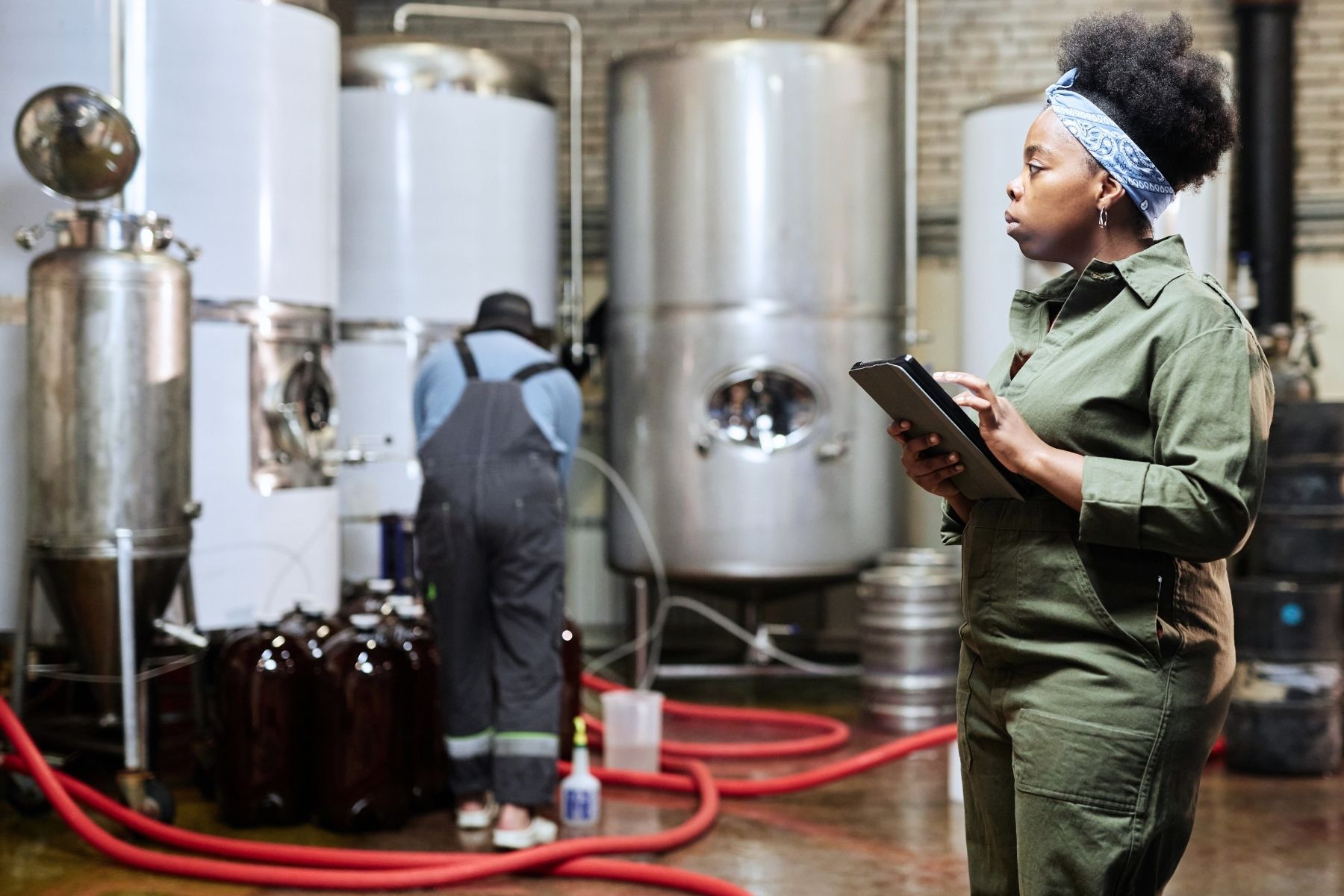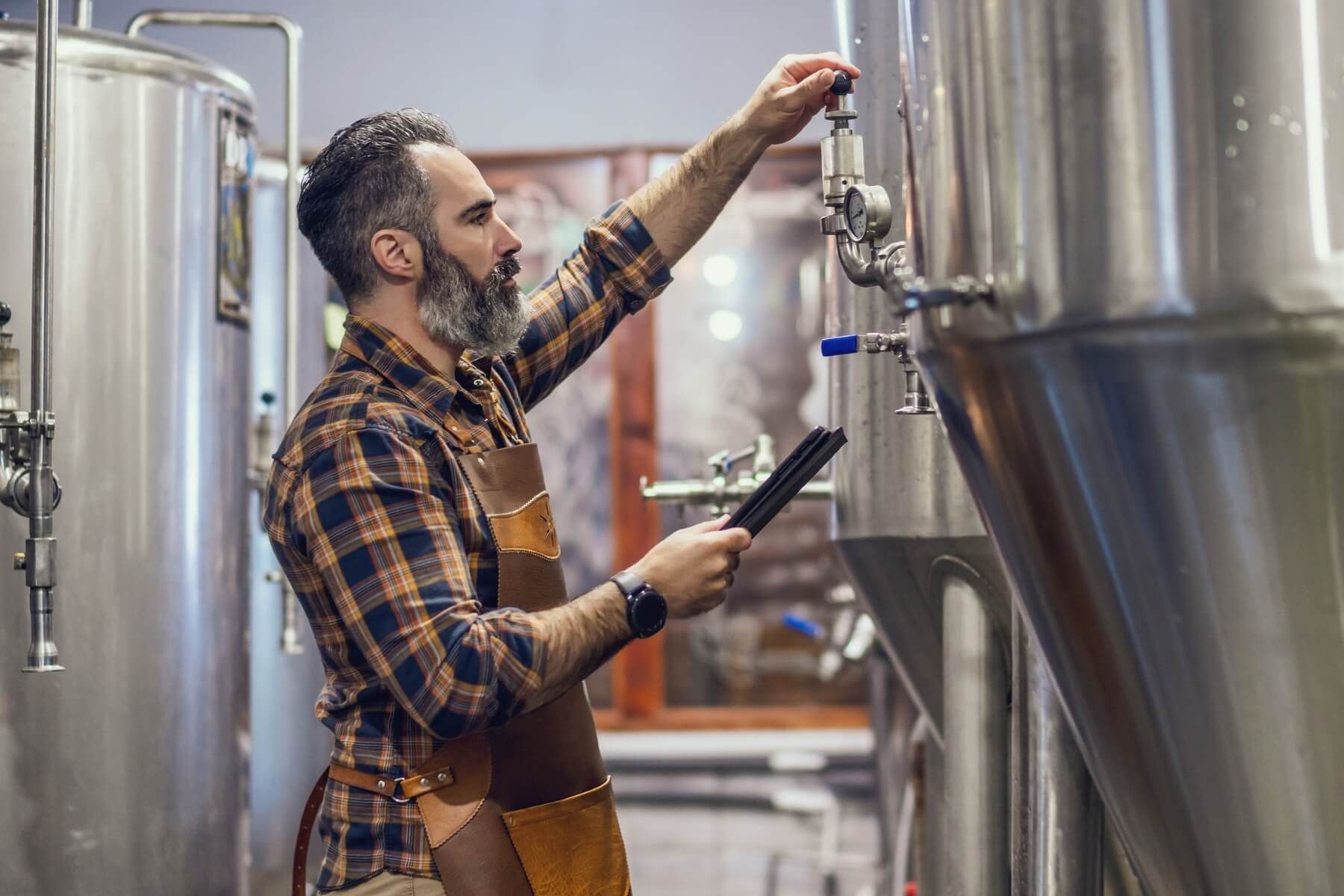Let's face it, running a winery is no walk in the vineyard, but winery accounting software can make it easier. Each part of your business requires meticulous attention to detail, from cultivating exceptional grapes to managing the winemaking process. Operating a thriving winemaking business involves many factors, and effective financial management can greatly enhance a winery's profitability and growth.
Winery accounting software is essential for business owners who need quick access to financial statements and production costs. This powerful tool enhances efficiency by automating routine tasks and pinpointing areas for improvement and growth. It brings together data from different departments, giving you a clear and complete view of your financial health in one place.
Let’s dive deeper into how a winery accounting system powers profitability.
Balance Costs vs. Price
Wineries, like any business, face unique financial challenges. Shifts in consumer demand or supply costs can erode profit margins. Business owners must carefully monitor production and supply expenses to balance operating costs with price.
Winery accounting software can help you better understand your expenses and inventory costs, batch by batch. It helps you balance:
- Inventory vs. production schedules: Track finished goods, costs of goods sold (cogs), sales orders, supplies like packaging materials and raw materials as well as wine in various stages of production to understand what is available now and when more stock will be ready.
- Seasonal fluctuations: Access historical data on growing, production and buying cycles to better predict cash flow and revenue streams.
- Rising costs: Use forecasting tools to anticipate changes in production costs, labor expenses and supply chain.
Cost analysis tools provide detailed views of production expenses and highlight opportunities to cut costs and boost profits. These tools track the ROI of each product, guiding owners on which wines to prioritize and how to allocate resources. Together, they offer a comprehensive approach to managing your winery's financial health.
This insight allows you to reduce expenses and make informed decisions about pricing and production. Using winery accounting software automates these processes, giving you a clear view of your business's financial health and balance sheet.
Prevent Compliance Mistakes
Like all beverage alcohol businesses, wineries must adhere to a strict set of compliance and regulatory practices. Before starting operations, businesses must first get an operating license. They also need to follow rules about product formulas, labeling, various taxes including sales tax, and maintain proper records.
Winery accounting software simplifies TTB reporting and ensures compliance with complex state and federal regulations. It automates the process of generating and submitting reports and reduces the risk of costly penalties.
Compliance teams can view reporting tasks, critical renewal and expiration dates, and other vital data in customizable dashboards. Cloud-based winery accounting software allows you to access this information anytime and from anywhere in the world.
Accounting software that integrates with compliance management is essential for wineries. It simplifies reporting, speeds up operations, and ensures wineries meet all compliance requirements.
Automate Accounting Data Entry
Accounting software built for the wine industry can simplify operations and automate many routine tasks, such as recording sales, billing and expenditures. By capturing real-time financial information, winery owners can make informed decisions, identify trends and take corrective actions promptly.
Wineries gain significant benefits from point-of-sale and e-commerce systems that seamlessly exchange data with accounting software. These systems provide business owners with accurate, up-to-the-minute information on sales, inventory, and inventory valuation, including data from tasting rooms. This integration streamlines the reconciliation processes and offers valuable insights into customer behavior.
Businesses can also automate billing and invoice processes with time-saving tools integrated in winery accounting software. Teams can monitor and improve cash flow, which helps maintain a healthy financial position and speed up vendor payments.
What to Look for in the Best Winery Accounting Software
The best winery software includes industry-specific features tailored to the wine industry's unique wine accounting needs. These include support for TTB regulations, vineyard management, wine production and financial management.
Other beneficial winery software features include:
- Customizable reports: Wineries can generate reports tailored to specific business needs and build dashboards to track KPIs and analyze trends.
- Cloud-based accessibility: Access financial reporting and data from anywhere, anytime, on any device for seamless collaboration.
- Scalability: Choose a software solution that can grow with your business. As your winery expands, the software should be able to handle increased complexity, users and data volume.
- Robust security: Protect your sensitive financial data with advanced security measures. Ensure data privacy and integrity, safeguarding your business.
How to Maximize ROI of Winery Software
Using winery accounting software helps businesses streamline day to day operations, make informed decisions, and increase gross profit. Automation and real-time insights allow teams to work more efficiently, freeing them up to focus on what matters the most, making great wine.
Accounting for vineyards and wineries is unique. Wine business owners should research and select a solution that aligns with their specific needs and budget. Some factors to consider are available features, scalability, ease of use and system support.
Winemaking businesses also need to set up clear procedures for data entry, reconciliation, and report generation. Training teams properly to use the software is crucial to long-term success.
Finally, wineries should partner with a software provider that has deep industry knowledge. Winemaking uniquely blends agriculture, science, and creativity, demanding detailed understanding of the craft. Choosing a partner with this knowledge ensures you get the most out of your software. They'll help with guidance on best practices, tax strategies and financial planning.
By following these tips and leveraging accounting software, you can enhance your winery's financial health and achieve your goals.
Crafted ERP Winery Accounting Software
Crafted ERP Winery Software is the only all-in-one planning solution built specifically for the winemaking industry. It combines vineyard management, production, blending, bottling, inventory, demand planning, sales, and CRM into one system.
Crafted is built directly into, not on top of, Oracle Netsuite, the global leader in cloud based financial and business management software. Built by wine industry veterans who get the unique challenges you face, Crafted is here to help you crush it.
Ready to elevate your winery's performance? Contact us to speak about your goals and how our winery software can boost profits and support your goals.





GET IN TOUCH
1512 Larimer Street, Suite #150
Denver, CO 80202
United States
(720) 699-0200
66 Goulburn Street
Sydney, NSW, 2000
Australia
+61 2 9044 1330







